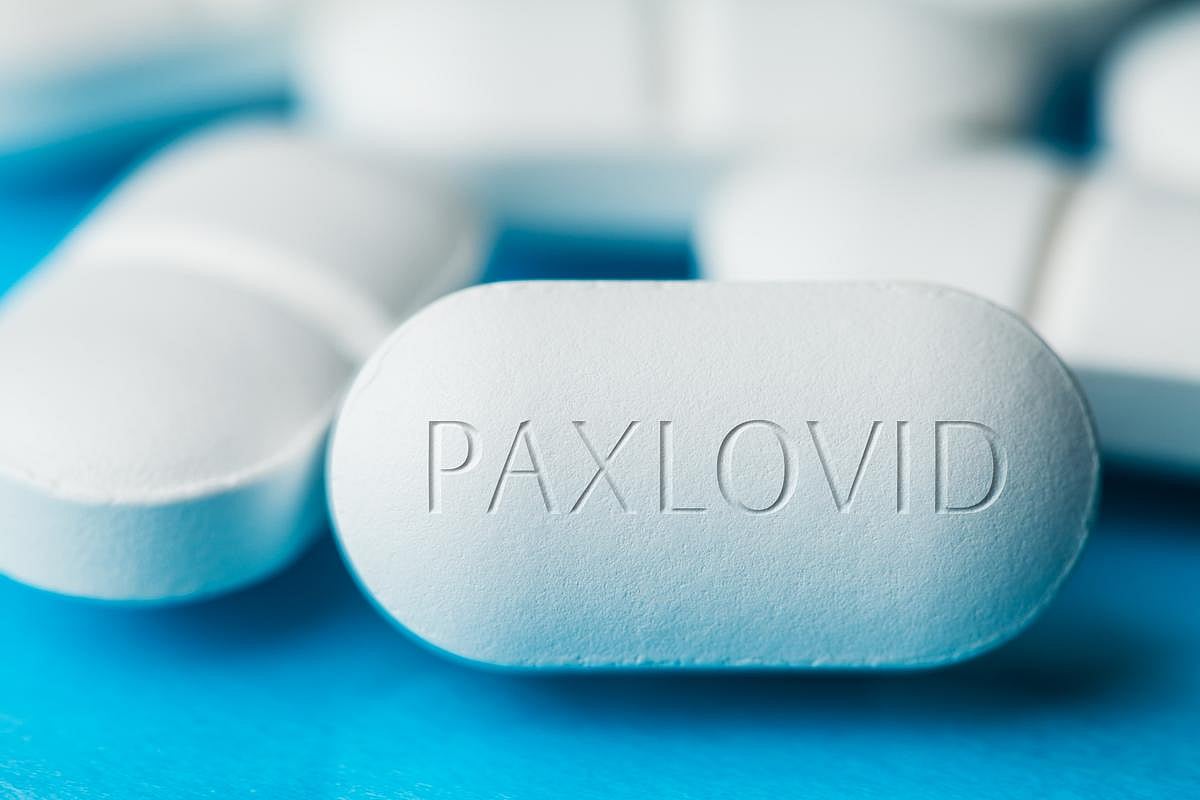
Music therapy can help lift the spirits and ease depression in people with dementia, a new evidence review has found. Findings suggest that music-based therapy probably improves depressive symptoms and might even improve behavioral issues by the end of treatment, researchers reported. “This review increases our understanding of the effects of music therapy and strengthens… read on > read on >














.jpg)



